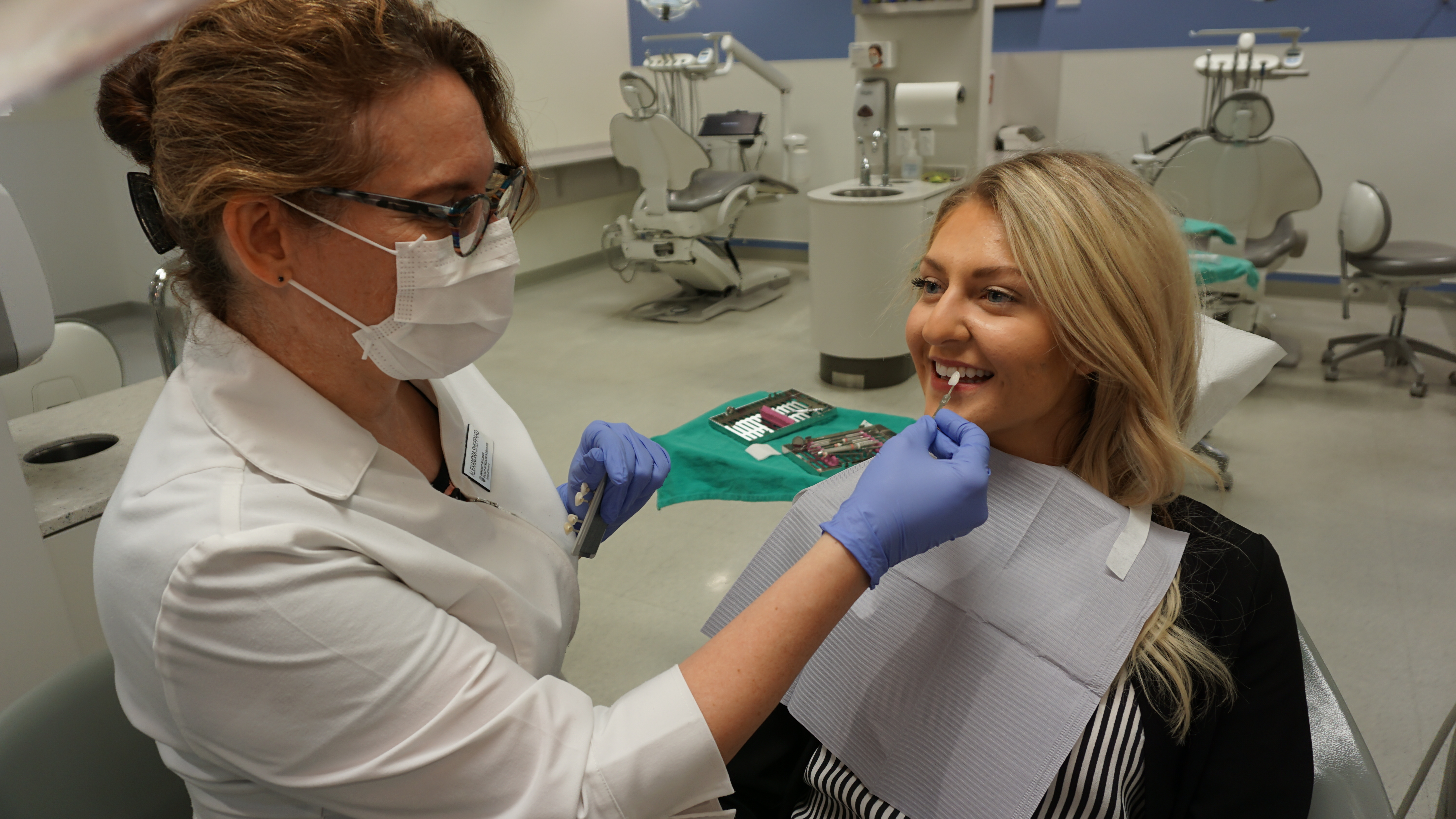
Kelsea McCaffrey has been whitening her teeth since she was 14 and she's learned a few lessons along the way.
Until last year, she used whitening strips. While they have worked for her, McCaffrey has since decided to switch to gel whitening trays.
Whitening strips have peroxide that bleaches the teeth whereas toothpastes have an abrasive in them.
"Just don't fall asleep with the trays in your mouth," she says. "Your teeth will become oversensitive. I couldn't eat or drink for days."
In her tooth-whitening journey, McCaffrey has tried and tested a majority of the over-the-counter products available. While trying to achieve that Hollywood smile may be a never-ending pursuit, with wedding and graduation season seeing a spike in strip and tray sales, experts say there are a few things to consider before purchasing whitening products.
"The whitening strips are an effective take-home method that patients can use," says associate clinical professor in dental hygiene Alexandra Sheppard. "But you need to be careful with the application. Contour the strips well into your teeth and make sure you don't get them onto your gums. If you do, your gums can become irritated or bleed."
And, whatever you do, avoid bleach or hydrogen peroxide to whiten your teeth, warns Sheppard.
"There are a lot of at-home recipes on the Internet promising to whiten your teeth. Many whitening agents are free radicals which potentially can be harmful to the gingival tissues. It's recommended that a person consult with their
dental hygienist regarding best practices around what whitening products to use," she says.
For instant results, the light-activated teeth whitening systems offered in dental offices provide noticeable results more quickly, explains Sheppard. A gel is painted on to the teeth and a specialized light is shone on them to speed up the whitening process.
She also cautions that people should not pursue whitening if they have gum recession, sensitivity issues or cavities. "The sensitivity will only become worse," she explains.
"Also, intrinsic stains on teeth caused from medications cannot be whitened either. Only stains on the outer surface of your teeth can be restored."
And remember: teeth whitening products do not work on crowns or restored teeth. So, if you are having any restorative work done, have your teeth whitened first.
Teeth whitening is also not recommended for women who are pregnant or breastfeeding, or children under the age 16.
Anyone considering whitening their teeth should get a dental examination first, says Sheppard.